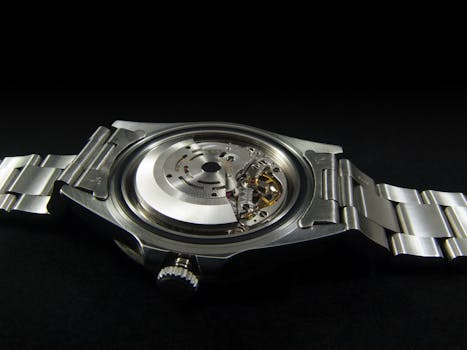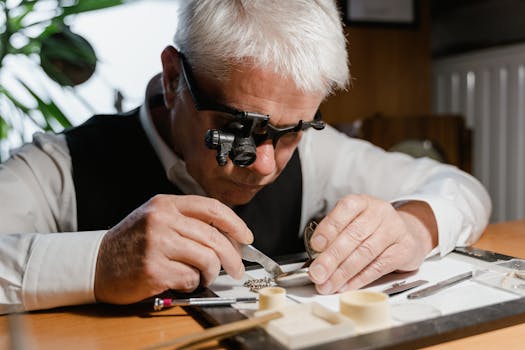Norwegian robotics firm 1X Technologies is preparing to launch in-home trials of its humanoid robot, Neo Gamma. The company plans to deploy the robots in several hundred homes by the end of 2025.
According to Bernt Børnich, CEO of 1X, these trials are crucial for progressing in household robotics. He stated, “This is a pivotal step towards integrating humanoid robots into daily life, allowing us to understand and enhance their interactions within real-world environments.”
Neo Gamma, which follows the earlier model Neo Beta, has been designed to handle various household chores, such as making coffee, doing laundry, and vacuuming. The first phase of the trials will involve human teleoperators controlling the robots remotely to gather data and improve their artificial intelligence systems.
In contrast, the Chinese robotics company Unitree Robotics is taking a more cautious approach. Founded in 2016 with a focus on quadruped robotic dogs, Unitree expanded into humanoid robotics by 2023. The company forecasts notable advancements in humanoid robot capabilities by 2026, with clearer commercial applications expected within three to five years.
A report by Goldman Sachs points out the current limitations of Unitree’s robots, including their struggles with executing precision tasks like screwing and welding. It suggests that the widespread deployment of these machines in both factories and homes may take up to five years.
The broader robotics industry presents a variety of viewpoints regarding the timeline for integrating domestic humanoid robots. Kyle Vogt, the former CEO of Crash, has secured $150 million in funding for his startup, The Bot Company, which plans to create AI-enabled robots for household tasks. Even without a market-ready product, the company has been valued at $2 billion, signaling strong investor optimism in the sector’s potential.
Elon Musk is also progressing with his humanoid robot, Optimus. Demonstrations have revealed the robot’s capacity to serve drinks, dance, and engage with guests. Musk hopes to have Optimus available by the end of 2025, with a projected price tag of $20,000 to $30,000. However, experts warn that widespread household adoption may still be years away due to challenges surrounding autonomy, battery life, safety, and legal issues.






